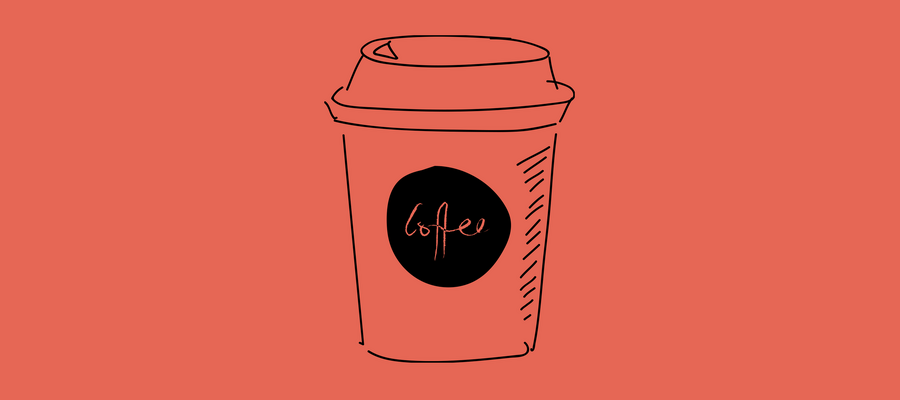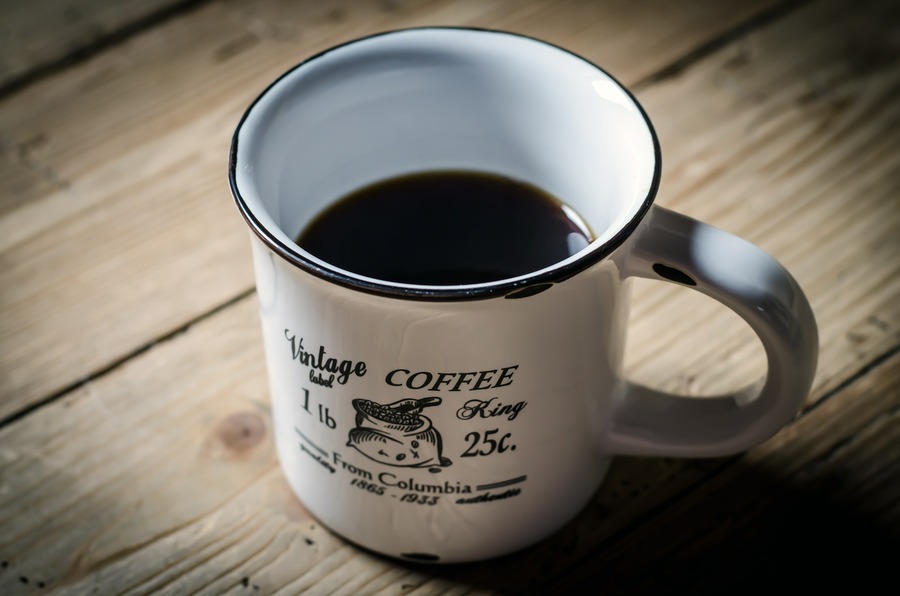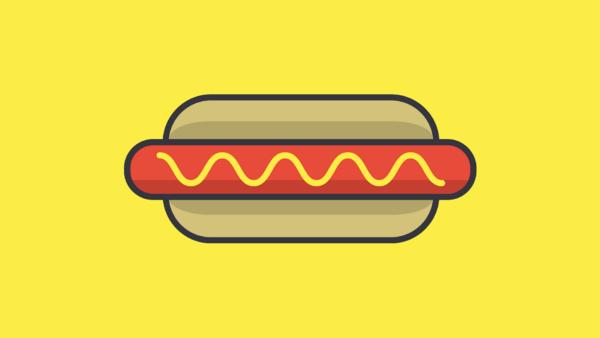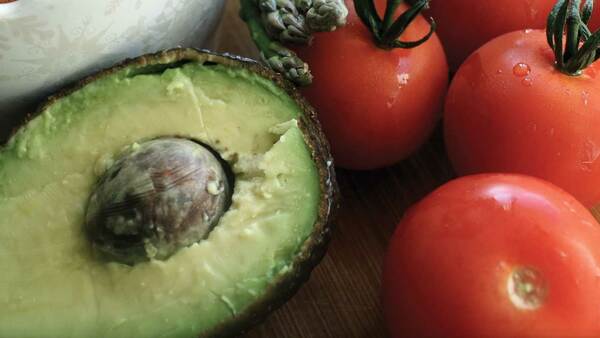
Can caffeine make you anxious?
If you speak to your doctor about anxiety, they may suggest you lay off the caffeine. But is there any evidence for this? Or are they just trying to sneak in some questionable dietary advice as a replacement for a real solution?
What is it?
Caffeine is a drug. If you drink most coffee, tea, some soft drinks or any other caffeine-based product, you are a drug user.
But don't worry: almost everyone else on the planet is, too. And caffeine is widely considered safe. So safe, in fact, that it is unregulated almost everywhere in the world.
How does it work?
You may think we would have a good understanding of that, and, to an extent, we do. But caffeine is complicated. It does not have a single method of action, but rather it works in multiple different ways.
One way it works is by interacting with a substance called adenosine. This is a substance in the brain which helps regulate how sleepy we feel. When we wake up, we don't have much of it floating around in our brains. However, as the day goes on, more and more of it builds up.
When we put caffeine into our bodies, it prevents the receptors in our brain from picking up the adenosine and thereby reducing feelings of drowsiness.
Where do we get it?
Many different food and drinks contain caffeine. Without talking about an exact product, it is difficult to judge how much caffeine will be in any particular drink.
Take coffee, for example. Which brand are we talking about? What size drink? What type of coffee is it? What bean was used? All of these play a part, so any guide is just a rough estimate.
Below, we have compiled such a table. This is just a guide, but you can look at the individual sources we have used to get more information.
| Product | Caffeine per serving |
|---|---|
| Milk chocolate bar1 | 10mg |
| Dark chocolate bar2 | 22mg |
| Can of Coca-Cola (inc. Zero)3 | 32mg |
| Can of Diet Coke3 | 42mg |
| Cup of tea4 | 50mg |
| Cup of instant coffee5 | 30–90mg |
| Espresso shot5 | 63mg |
| Can of Red Bull6 | 77mg |
| Cup of brewed coffee5 | 95mg |
| Coffee shop coffee5 | 200-400mg |

How much can I have?
It is safe in low doses. And the term "low dose" gives you plenty of scope. The guidelines7 are:
| Men | Women |
|---|---|
| Up to 400mg per day | Up to 300mg per day |
However, those guidelines did not consider mental health as one of the outcomes.
How does it affect our mental health?
Negatively. We have known for decades that there could be a potential link between caffeine and anxiety. A paper published in 1984 looked at patients with panic disorder and noted that those who consumed the most caffeine felt the most anxious8.
A review published in 2005 recommended that caffeine intake be included in psychological assessments, to allow psychiatrists to accurately account for it9.
A 2015 study by Cardiff University looked at the effects of caffeine in children. They found a link between high intake of caffeine (for example, from energy drinks) and depression and anxiety10. They concluded:
"Findings from the current study increase our knowledge regarding associations between caffeine intake and stress, anxiety, and depression in secondary school children, though the cross-sectional nature of the research made it impossible to infer causality."
Caffeine addiction is now recognised as a problem in itself. The term Caffeine Use Disorder is used to describe the associated problems associated with high levels of use.
Is there causation?
Much of the evidence against caffeine is correlational: the more caffeine people consume, the more anxious they seem to be. But, how do we know that anxiety doesn't increase caffeine use, rather than the other way around?
Ideally, we would take people who were already anxious, and put half of them on a high caffeine diet to see what happens. However, there are ethical problems with this: given anxiety has already been rapidly linked to anxiety, it would be irresponsible to subject people to this.
Conclusion
While the evidence that caffeine increases anxiety is correlational, rather than lab-based, the sheer quantity of it suggests that caffeine probably does make our anxiety worse.
Therefore, if you are going to consume caffeine, you should do so in moderation. The less, the better.
Related articles
Metadata
Published 15 January 2018. Written by Chris Worfolk.
References
-
United States Department of Agriculture. Basic Report: 19120, Candies, milk chocolate. May 2016. Link ↩︎
-
United States Department of Agriculture. Basic Report: 19902, Chocolate, dark, 45- 59% cacao solids. May 2016. Link ↩︎
-
The Coca-Cola Company. How much caffeine does Coca-Cola contain? 7 September 2017. Link. ↩︎
-
Food Standards Agency (2001) Statement on the Reproductive Effects of Caffeine. London: Food Standards Agency. ↩︎
-
Adda Bjarnadottir. How Much Caffeine in a Cup of Coffee? A Detailed Guide. Healthline. 3 June 2017. Link ↩︎
-
Mona Chalabi. Caffeine compared: from coke and coffee to aspirin and chocolate. The Guardian. 27 November 2013. Link ↩︎
-
Nawrot P, Jordan S, Eastwood J, Rotstein J, Hugenholtz A, Feeley M. Effects of caffeine on human health. Food Addit Contam. 2003 Jan;20(1):1-30. DOI: 10.1080/0265203021000007840 ↩︎
-
Boulenger, J. P., Uhde, T. W., Wolff, E. A., & Post, R. M. (1984). Increased sensitivity to caffeine in patients with panic disorders: preliminary evidence. Archives of General Psychiatry, 41(11), 1067-1071. ↩︎
-
Winston, A. P., Hardwick, E., & Jaberi, N. (2005). Neuropsychiatric effects of caffeine. Advances in Psychiatric Treatment, 11(6), 432-439. ↩︎
-
Richards, G., & Smith, A. (2015). Caffeine consumption and self-assessed stress, anxiety, and depression in secondary school children. Journal of Psychopharmacology (Oxford, England), 29(12), 1236–1247. http://doi.org/10.1177/0269881115612404 ↩︎

